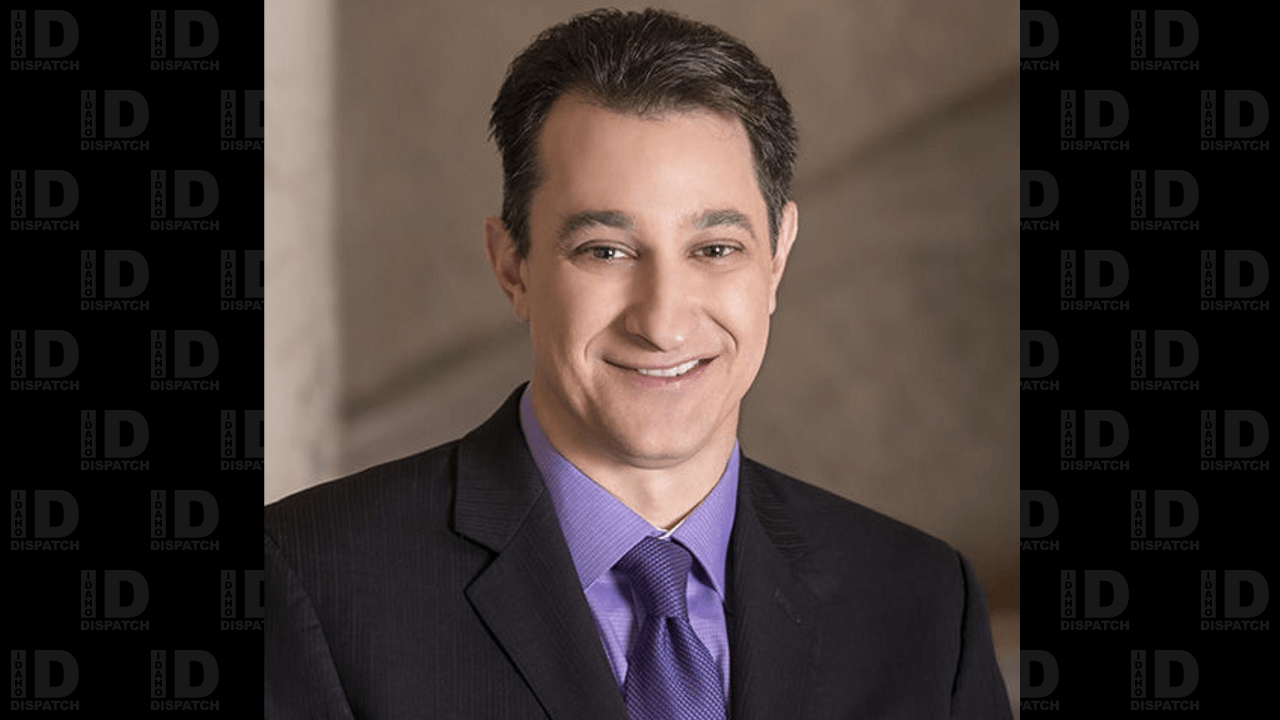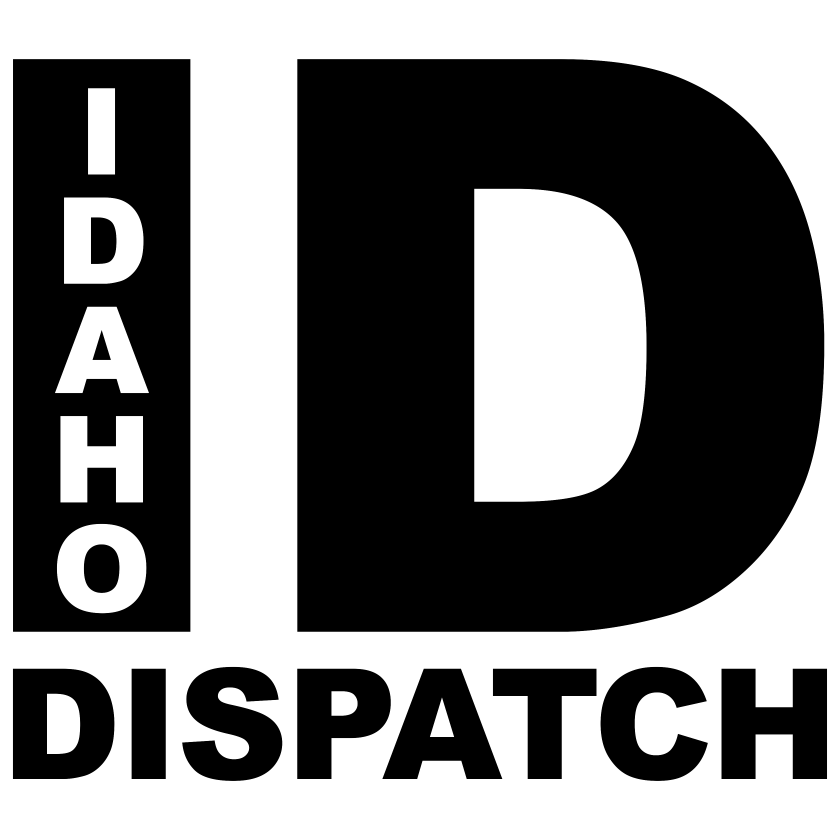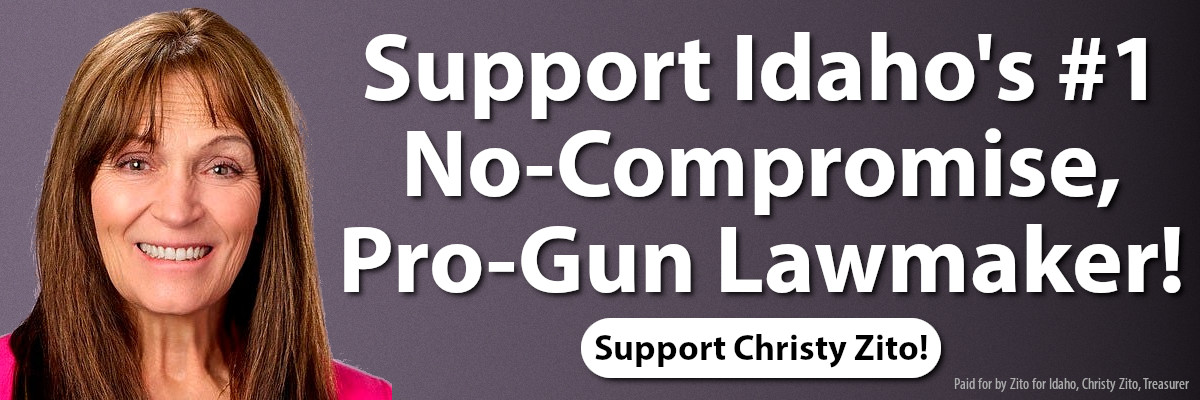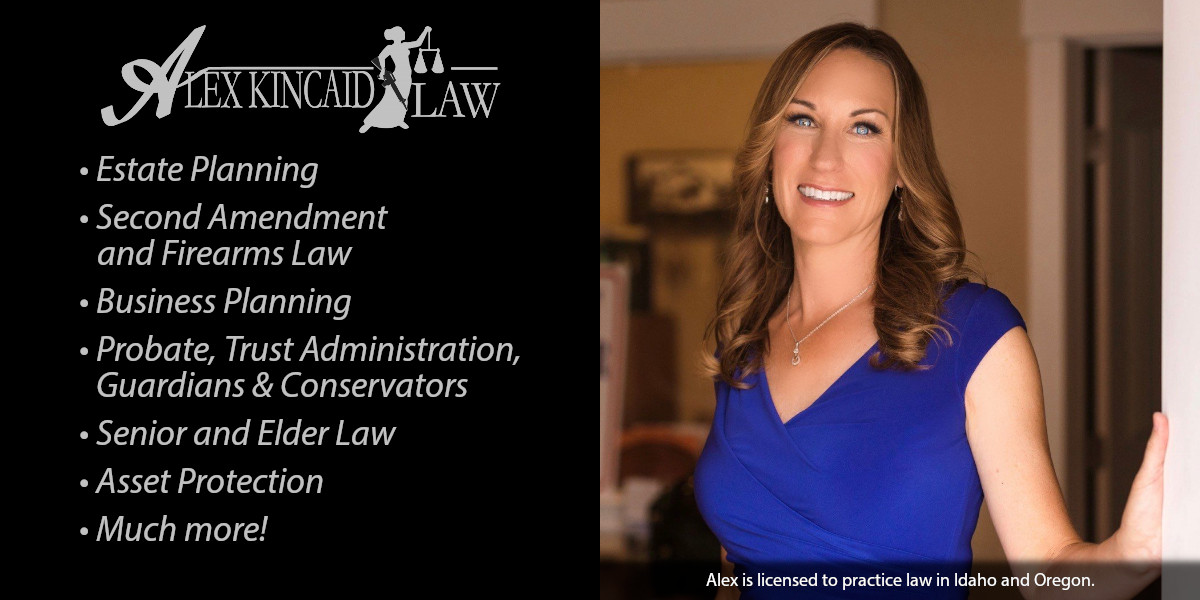
Op-Ed: Four solid ideas for the state’s budget surplus
By Wayne Hoffman • November 29, 2021The following Press Release was sent out by Wayne Hoffman, President of the Idaho Freedom Foundation. Note: Op-Eds to not necessarily reflect the views and opinions of those at the Idaho Dispatch.
Idaho Gov. Brad Little and the Legislature have an incredible — and maybe once-in-a-generation opportunity — to use the budget gargantuan surplus to rid the state of one or more albatrosses around residents’ necks. These albatrosses are, in no particular order:
- The state’s progressive income tax
- Property taxes
- The grocery tax
- Federal control of public schools
Questions persist about how much of the state’s $1.4 billion surplus is temporary and how much of it is a reflection of the ongoing health of the state’s economy. The state has a healthy enough budget reserve fund that’s separate from the surplus and makes getting rid of the income tax a reasonable proposition.
The state collects $2.2 billion from individual and corporate income taxes. Bringing the income tax to or near zero is well within reach. That would not only enhance Idaho’s attractiveness as a place to live, work, and retire, but also would stop the state from stealing money from the people who earned it.
AdvertisementSimilarly, property taxes collected by cities, counties, school districts, and other small tax districts in Idaho total more than $2.5 billion. Dramatically reducing or eliminating this burden is doable now, and it would enhance the state’s livability, reduce the cost of housing, and stop property owners from feeling as if they don’t truly own their land.
Prior to the surplus becoming so large, several of the Republican candidates for governor — Ammon Bundy, Ed Humpreys, and Janice McGeachin — were already talking about these kinds of dramatic changes to the state’s tax laws. Little hasn’t said what he plans to offer this coming legislative session, but hopefully he won’t shy away from good public policies just because his opponents are talking about it.
The easiest tax policy reform to accomplish with the surplus is the promise Little made before he became governor: the elimination of the tax on groceries. The cost for doing so is less than $80 million, which could be covered by just 6% of the surplus. Now there’s even more reason for state elected officials to act: federal monetary policies are driving food prices higher, meaning the tax burden on Idahoans is growing. Getting rid of the tax on groceries is not only a form of tax relief, but also a form of inflationary relief.
AdvertisementFinally, the feds give about $300 million for the state’s government school system. Using a portion of the surplus to eliminate federal intervention in the education system would free school districts and teachers to teach as they see fit, not as seen fit by the Biden administration or the next president. It would mean an end to federal intervention in our classrooms, and that would benefit all Idaho schoolchildren, parents, and teachers.
This is the year for Idaho’s elected officials to be bold, to use the state’s budget surplus to end confiscatory taxes and free the state from Washington, D.C.’s bureaucracy. The legislative session is just around the corner. Let your lawmakers and Gov. Little know this is not the time to make timid incremental changes. Tell them to do the things that will dramatically improve our reasons for wanting to continue to call Idaho home.
Tags: Idaho Freedom Foundation, Surplus, Wayne Hoffman
2 thoughts on “Op-Ed: Four solid ideas for the state’s budget surplus”
Comments are closed.








I am sick of paying taxes on our home that is paid in full. Why should I keep paying taxes on some thing I hold out right?
I am retired and on a fixed income. To me this is the most important way to use our surplus.
The property taxes and the funding of the education system that drives the increases is arcade and needs a revamp. These super schools and college like sports accommodations needs to go! There is plenty of funding for schools but it is mishandled. How about all the little schools districts, why not combine them and save on the multiple Superintendents and other staff that is duplicated for each district. The Money Pits